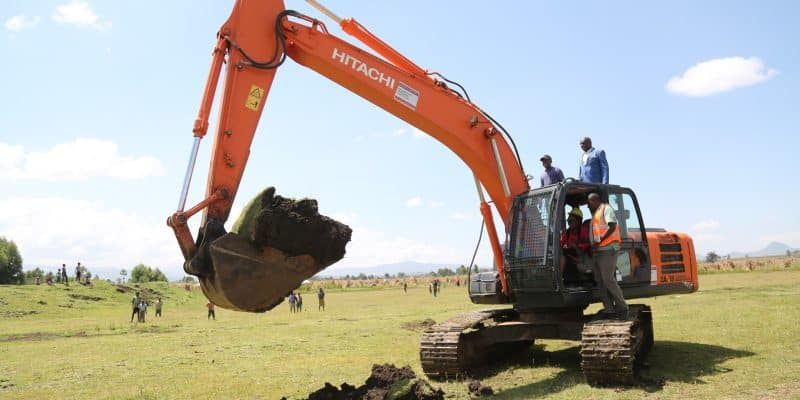Authorities from Trans-Nzoia County in Kenya’s western region, are currently constructing the new Amani dam. The dam will boost the 300 farmers’ access to irrigation water.
The county’s agriculture officer, Mary Nzomo, officially launched work on the dam on October 12, 2022. It will be located in the village of Amani in the Chepchoina Endebess sub-county.
Read also: Rwanda Prepares for Construction of Muvumba Multipurpose Dam and Power Plant
When the Amani dam is commissioned in three months, it will have a total capacity of 67,118 m3. More than 300 farmers in Amani, as well as those in the Trans-Nzoia County villages of Vamia and Njoro, will benefit from the dam.
According to Trans-Nzoia County officials, farmers in Trans-Nzoia only grow maize. The future dam will enable them to diversify their crops.
The farmers specialize in cultivating tomatoes and other horticultural crops, such as the banana value chain.
The expected impacts from the new Amani dam
The project will also help to reduce food shortages in the county and across Kenya.
According to the United Nations Office for the Coordination of Humanitarian Affairs(OCHA), famine affects 2.4 million people across 20 arid and semi-arid northern counties in the East African country.
The new Amani dam will also provide water to households and pastoralists. The new pipes will improve water distribution at the community and livestock watering points while avoiding interference with irrigation pipes.
Trans-Nzoia County will finance the irrigation project, which would cost 20 million Kenyan shillings (about $165,000).
The project complements the National Agricultural and Rural Growth Project (NARIGP), which has already rehabilitated 395 farms in Kenya, totaling 264.4 hectares of land, with irrigation systems.
It is a five-year development project driven by the Kenyan government and conducted by county governments with World Bank support.
NARIGP will also boost agricultural production in the rural communities chosen for the project at a cost of $219 million, which is about 23.40 billion Kenyan shillings.
